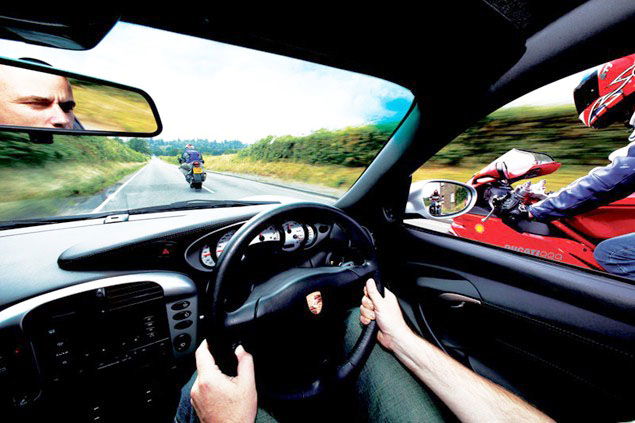PACTS calling for Alcolocks to help lock out repeat drink drive offenders
A transport advisory group is urging the government to look at using alcohol interlocks to help prevent repeat drink driver offenders

THE Parliamentary Advisory Council for Transport Safety (PACTS) is calling on the government to ‘lock out’ drink-drive offenders with alcohol interlocking technology.
In its ‘Locking Out the Drink Driver’ report, PACTS is calling on the Government to develop and implement an alcohol interlock program to help reduce drink driving re-offending rates.
Suzuki Hayabusa 2021 Video Review
The systems work by effectively locking the driver out from being able to start their vehicle, should the driver’s breath contain alcohol above a predetermined level. It’s thought that using the system could help reduce the amount of drivers re-offending and also reduce the period of time some drivers could be banned.
The system is not being proposed in all cases though, with drivers responsible for offences that cause harm to others being excluded from the plans.

It’s not totally fool-proof though and could easily be circumnavigated simply by getting a friend or family member to supply a sample of breath instead. Presumably, should that person not have been drinking, doing so would still return a negative sample and allow the vehicle to be driven.
Commenting on the report, David Davies, Executive Director of the Parliamentary Advisory Council for Transport Safety, said:
“We were shocked to find that one in six drink driving offences is committed by someone previously convicted. Since 2010, this amounts to over 100,000 offences – each of which is highly dangerous for the driver and other road users. Clearly, the current system is not adequate.”
“A number of other countries have introduced alcohol interlocks to prevent repeat drink driving and to bring down the number of deaths and injuries that result. Alcohol interlocks have proved highly effective. PACTS is calling on the government to give UK courts the powers to impose them without delay.”


